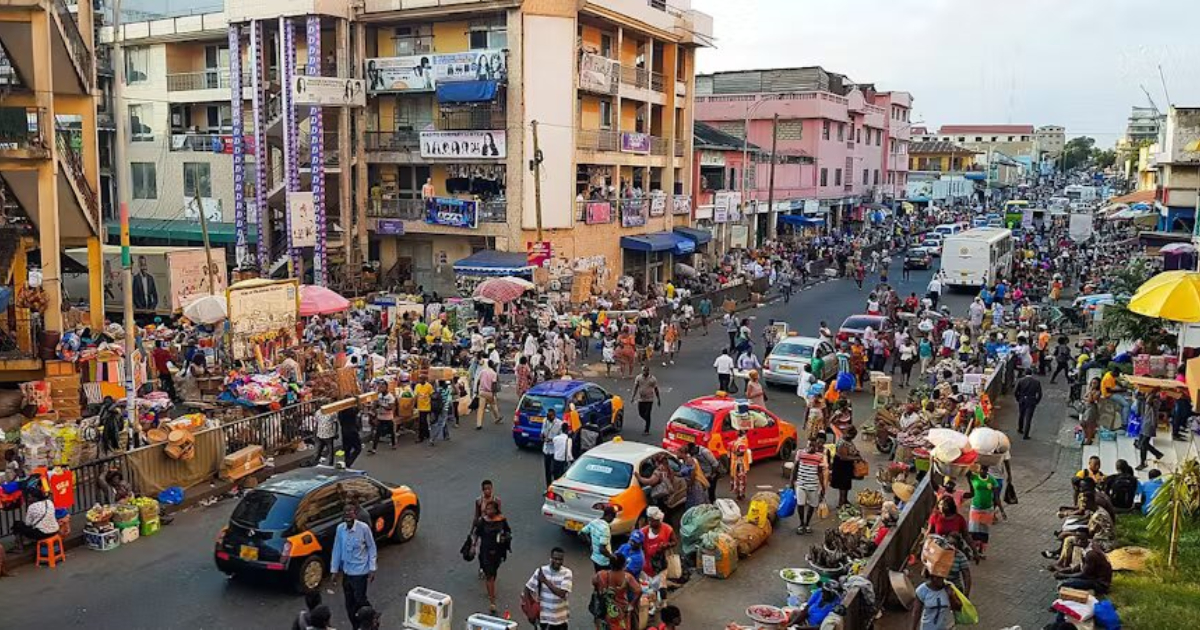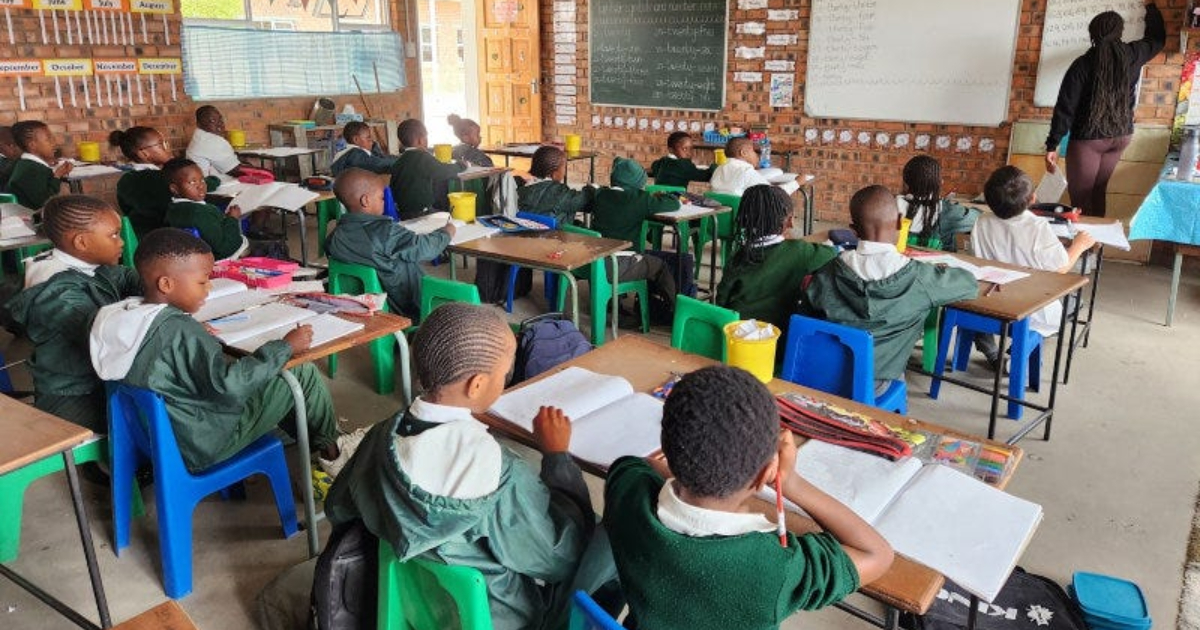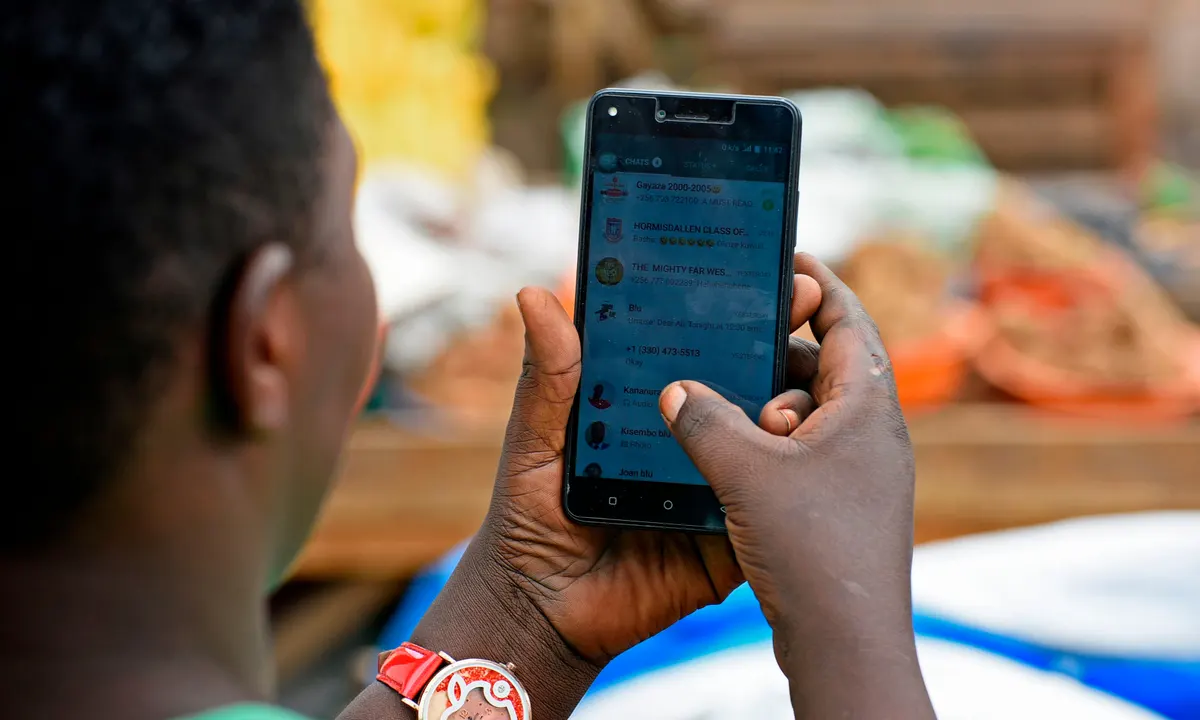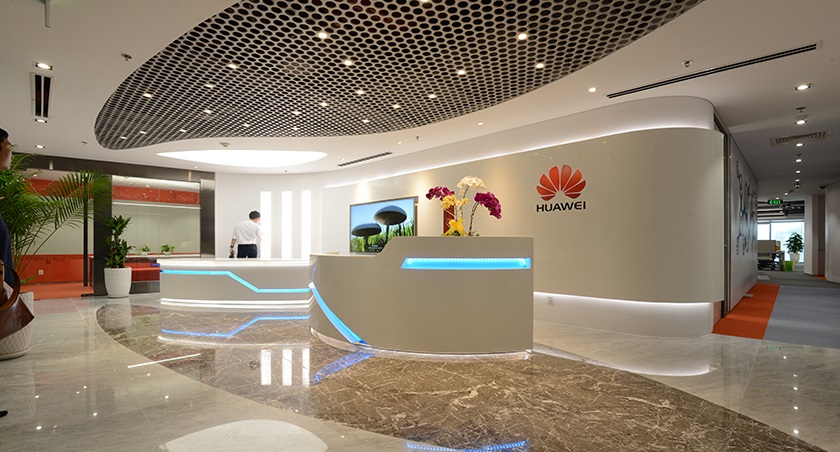Day: July 16, 2024
-

Amanda Etuk: The Nigerian Entrepreneur Turning Heads in Nigeria’s Logistics Industry
Amanda Etuk is a prominent Nigerian entrepreneur and co-founder of Messenger.ng, a logistics and supply chain company.
-

Oasis Capital Ghana Announces First Close of $100 Million Fund for West African SMEs
West Africa-focused fund manager Oasis Capital Ghana has secured $33.3 million in initial commitments for its new $100 million Oasis Africa Fund II (OAF II).
-

Sanari Capital Invests $4.4 Million in EduLife Group to Fuel Education Expansion Across South Africa
Sanari Capital, a private equity firm focused on African growth companies, announced an R80 million (approximately $4.4 million) follow-on investment in EduLife Group, a network of independent schools in South Africa.
-

Vivendi Africa Group Expands High-Speed Internet Access to Uganda
French media giant Vivendi Africa Group (GVA) has set its sights on Uganda, marking its eighth African nation with the launch of its fiber-optic internet service, CanalBox.
-

Huawei to Launch Smart Village in Uganda to Boost Rural Digital Transformation
Uganda and Huawei have embarked on plans to build a smart village in the East African country.